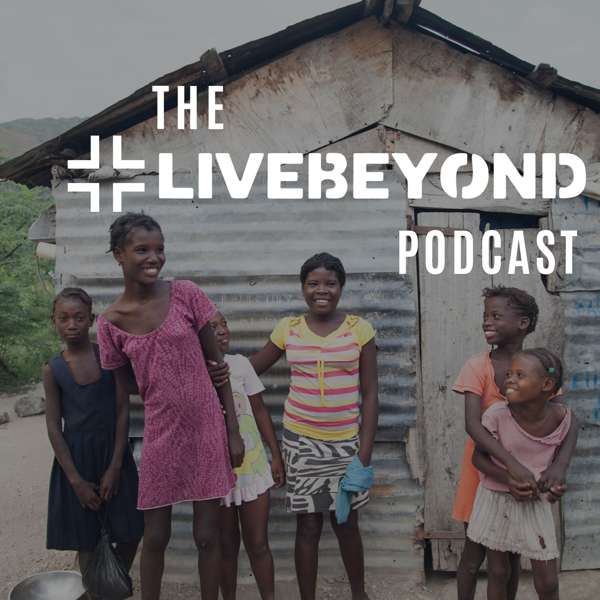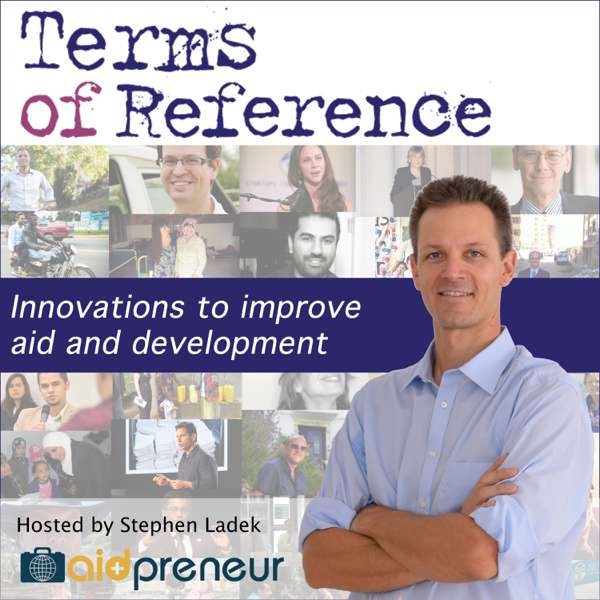A bi-weekly policy podcast based out of the Blavatnik School of Government at the University of Oxford. The Oxford Policy Pod explores pressing policy issues around the globe and is produced by students reading for a Master of Public Policy at the Blavatnik School of Government.
The podcast explores contemporary policy challenges that policymakers face all over the world, and taps into the rich diversity of policy experience and insights of the student body and faculty.
The podcast is supported by the staff of the Blavatnik School of Government.
Disclaimer: The views and opinions expressed in this podcast are those of the students, speakers and featured guests only. They do not represent the views or position of featured organisations, or the Blavatnik School of Government and the University of Oxford.
To keep up with the latest on our episodes, follow us on Instagram @OxfordPolicyPod_ and Twitter @OxfordPolicyPod.

 Our TOPPODCAST Picks
Our TOPPODCAST Picks  Stay Connected
Stay Connected







